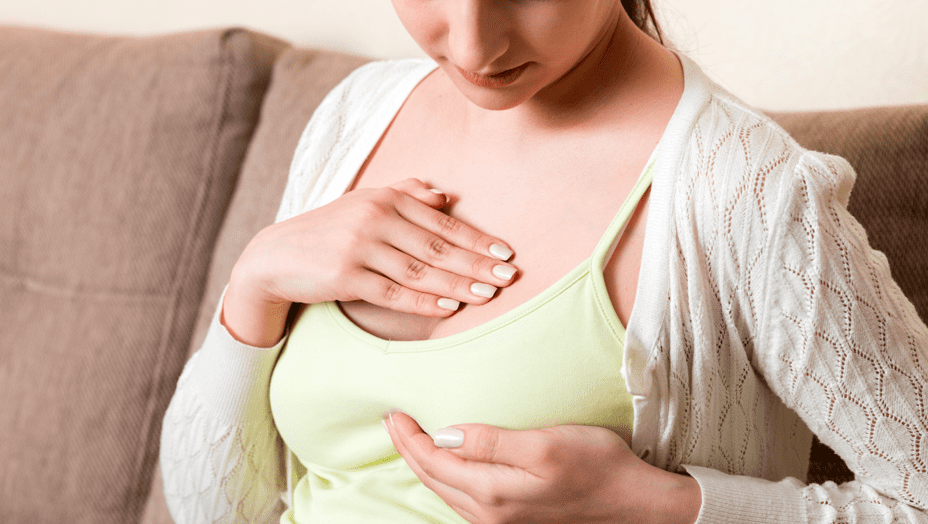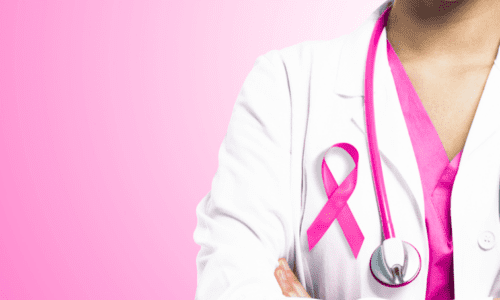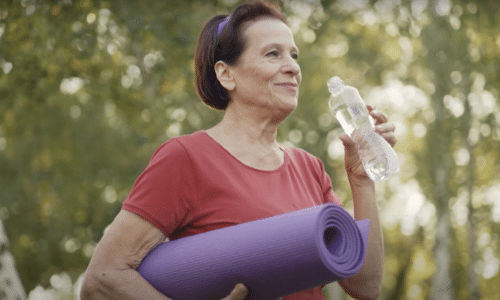Breast Cancer Self-Exam with Dr. Lauren Carcas | Health Channel |
 When women know their breasts, they can recognize when something changes. In an interview with the Health Channel, Dr. Lauren Carcas, Medical Oncologist with the Miami Cancer Institute, shares how often women should check their breasts and what they should be looking for.
When women know their breasts, they can recognize when something changes. In an interview with the Health Channel, Dr. Lauren Carcas, Medical Oncologist with the Miami Cancer Institute, shares how often women should check their breasts and what they should be looking for.
Dr. Carcas stresses that self-breast exams should always be an important part of the conversation about breast cancer awareness, especially because most screening guideline organizations do not recommend self-breast exams, even though most clinicians do. Dr. Carcas explains that in order for a practice to be part of any official guidelines, they need to result in some type of overall positive lifetime survival outcome, and self-testing is difficult to evaluate on those terms.
Though self-exams are not a part of any screening guidelines, Dr. Carcas says that “when women know their breasts, they know when something changes, and they can advocate for themselves.” Dr. Carcas recommends that her patients feel their breasts at least once a month and notice if there are any changes. “Do you have a mass? Is it growing? Is it persistently growing? Do you have skin changes? Is your nipple inverted? Are there any skin coloration changes? All of those are important evaluations to know, could this potentially be cancer?” Dr. Carcas states.
For young women, Dr. Carcas explains that it can be harder to spot breast cancer because younger women tend to have lumpy breasts. This is why being familiar with your breasts is important so that way if you feel a lump, you will know if it is a lump that was not there before, or if it is growing. “I really think, particularly in my practice, because I have a very young practice, I have a lot of women that are less than 40 years old diagnosed with breast cancer,” Dr. Carcas explains, “So, they don’t even meet the guideline criteria for screening at that point.” If women monitor their own bodies, they can advocate for themselves and receive evaluations that might otherwise not be given.
To watch the full segment of Dr. Lauren Carcas explaining the importance of breast self-examinations, watch here: https://youtu.be/kwzODNP40k8








